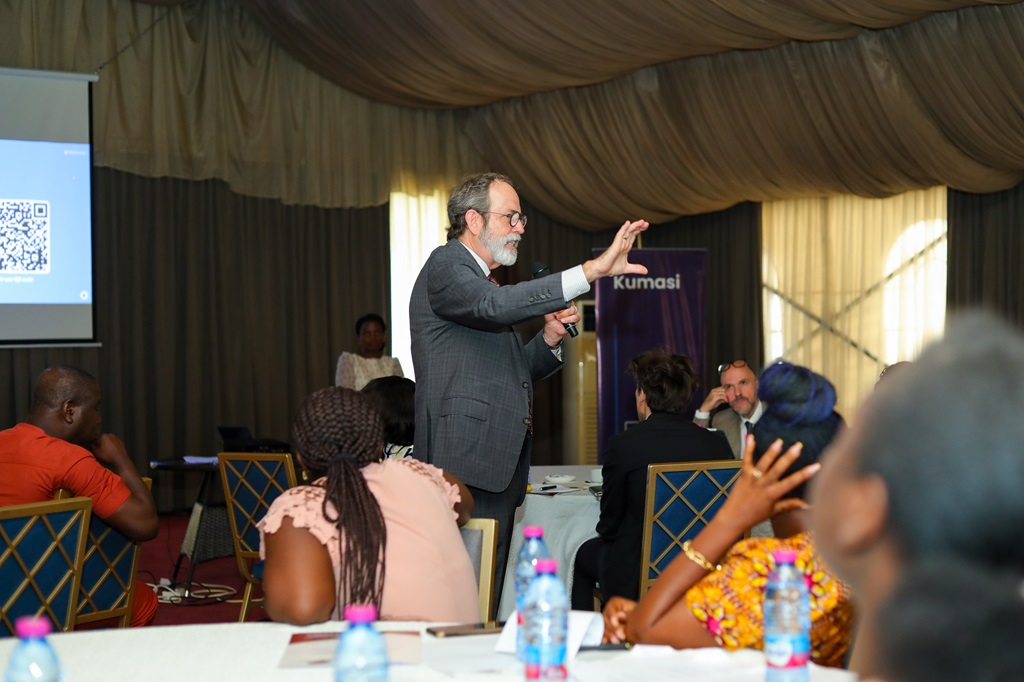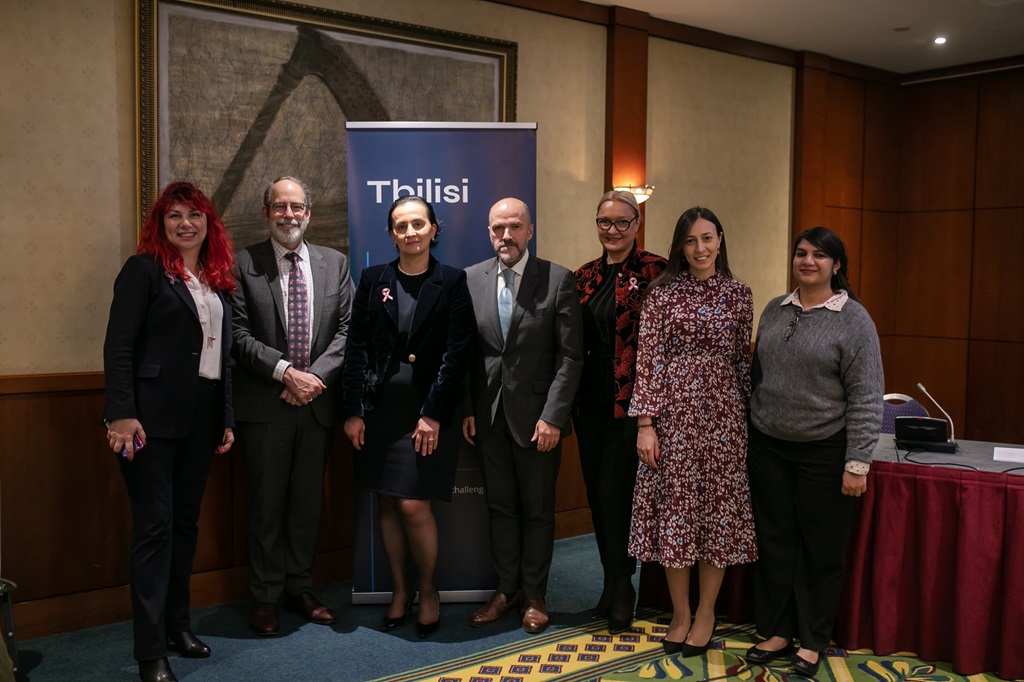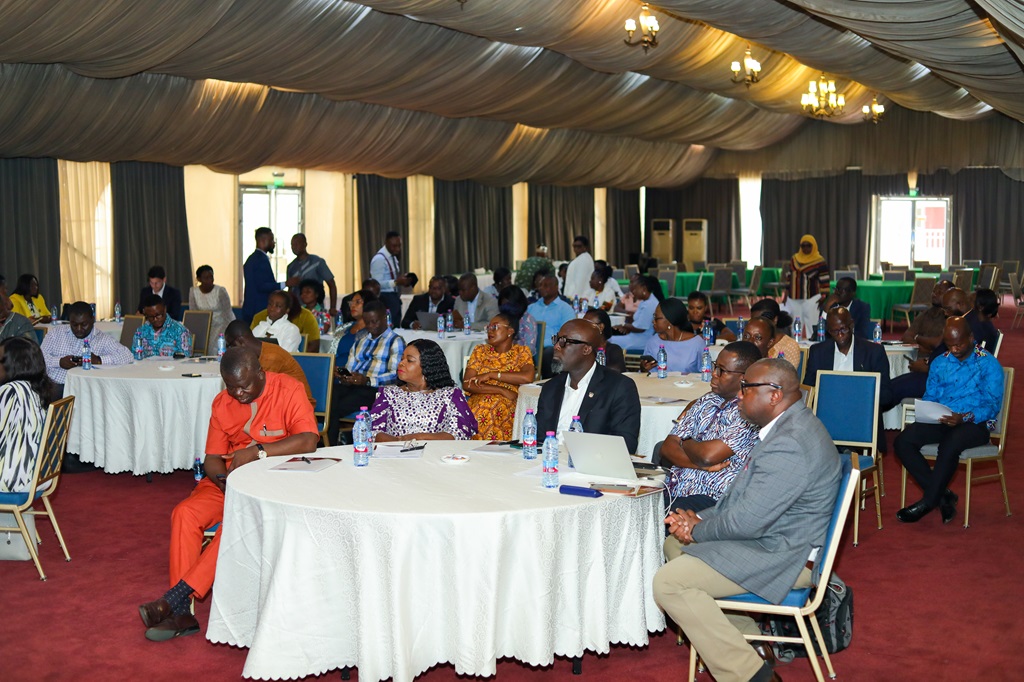
Breast cancer’s global impact is profound. Breast cancer is the most common female cancer in 86% of countries and is the first or second leading cause of female cancer deaths in 95% of countries. With a staggering 2.3 million new breast cancer cases currently identified worldwide each year, the numbers are projected to climb to 3 million cases and 1 million deaths annually by 2040, with the significant majority being in low- and middle-income countries (LMICs). The human toll is immense; the global inequity is unacceptable.
No country can ignore breast cancer if it aims to address cancer as a significant public health crisis. Recognising this, the World Health Organization (WHO) launched the ambitious Global Breast Cancer Initiative (GBCI) in 2021. Its goal? A 2.5% annual reduction in breast cancer mortality, potentially saving 2.5 million lives over two decades. This target is within reach: breast cancer mortality in high-income countries decreased by 40% over the past three decades with annual mortality reductions equaling or exceeding the 2.5% annual target.
The roadmap for achieving this goal is the GBCI Framework, which was developed by a coalition of 150 global experts and published by WHO on International Women’s Day 2023. The framework is structured around three key pillars of the ‘patient pathway’: early detection, prompt diagnosis, and treatment to completion. It provides countries with resource-appropriate, context-specific sustainable strategies centered on building capacity and strengthening health systems. By increasing access to effective care and empowering women, the framework aims to address healthcare inequities that disproportionately affect women.
Effective implementation hinges on translating evidence into action. Higher-income countries have achieved the GBCI’s 2.5% annual target, the outlook for LMICs has been less encouraging. Patients in LMICs, alongside those in underserved communities in high-income settings, encounter considerable barriers to care. These obstacles often extend beyond financial constraints to encompass both organisational and structural challenges that hinder cancer care access. Evidence-based sustainable strategies can and should be translated into actionable plans that can realistically be implemented on the ground.
To meet this need and ensure that the GBCI Framework reaches its full potential, WHO and C/Can seized the opportunity at the 2023 World Health Assembly to announce a collaboration for its implementation. The joint projects leverage C/Can’s expertise, starting at the city level, with the goal of gradually implementing the Framework at regional and national levels through WHO’s unique relationship with Ministries of Health worldwide. Central to this approach’s success is developing the capacity for policymakers, clinical champions, operational managers, and patient advocates to implement the most relevant aspects of the GBCI Framework within their own context-specific health system settings. Equipping these stakeholders with critical knowledge and skills enables them to play pivotal roles in putting evidence into practice.
An action plan for Tbilisi, Georgia
Since first joining C/Can in February 2019, the city of Tbilisi has embarked on a transformative journey to improve cancer care. A comprehensive needs assessment was undertaken through a collaborative effort involving local leaders, experts, cancer care professionals, and patients. Through multiple committees, local stakeholders identified and analysed key challenges and defined a number of priority actions. This culminated in May 2022 with the endorsement of 11 project outputs designed to strengthen overall cancer programming in the city.
In response to the publication of the GBCI Framework in 2023, Tbilisi became the first C/Can city to begin implementing the GBCI Framework. C/Can and WHO organised a workshop in December 2023 with the support of the Georgian Ministry of Health, which brought together a group of the city’s clinical experts to define and refine actionable strategies for implementing the Framework and prioritise projects and services with the most urgent needs.

The GBCI workshop generated insights that informed the development of a Breast Cancer Action Plan (BCAP), which includes planned activities to facilitate and monitor progress at the city level, while simultaneously serving as an implementation guide for the national level. The BCAP specifically highlights the urgent need to improve the quality and affordability of breast cancer diagnostics (imaging, tissue sampling, pathology interpretation) in Georgia, alongside proposed recommendations to address this gap at both policy and facility levels.
Defining breast cancer priorities in Kumasi
Ghana’s second largest city, Kumasi, was selected as the first African city to join the C/Can network in 2018. Supported by C/Can’s global and local team, Kumasi successfully mobilised a multisectoral group of stakeholders, including healthcare professionals and patients from public and private institutions. Together, they conducted and contributed to a comprehensive assessment of cancer care needs in the city and collaborated with international and local experts to initiate a series of cancer-related projects in Kumasi.
Kumasi became the first C/Can city in Africa to take part in implementing the GBCI Framework. In June 2024, a two-day GBCI Implementation Workshop hosted by the Mayor of Kumasi in collaboration with C/Can and WHO, convened over 70 cancer care professionals representing the leading institutions involved in the provision of cancer care in the city. The objective of the workshop was to develop a city-based GBCI Action Plan to identify and prioritise interventions that achieve the three GBCI key performance indicators (KPIs):
- At least 60% of invasive breast cancer diagnosed at stages I or II;
- Within 60 days of initial presentation, a definitive breast diagnosis (benign vs malignant) is made;
- Over 80% of patients undergo multimodality treatment (surgery, radiotherapy, and systemic therapy) without abandonment.
As an outcome of the workshop, key priority interventions for breast cancer management were defined and identified, alongside opportunities where the C/Can team can support local stakeholders to enhance the quality of cancer care delivery. While focused on breast cancer, the projects supported through the GBCI Framework implementation are expected to improve the overall cancer care delivery systems and services in the city. These improvements can subsequently be scaled up to the national level, helping to achieve Ghana’s national cancer control plan (NCCP) goals, better meet the country’s cancer care needs, and ultimately benefit all cancer patients.

The progress made is encouraging, yet challenges remain, including resource limitations, inadequate dedicated funding, personnel shortages, and time constraints. The lack of monitoring and evaluation frameworks required for data collection and analysis to assess programmatic impact is another significant hurdle. The strength of the collaboration between C/Can and WHO, along with the unswerving commitment of stakeholders to develop long-term plans and actions, means that these obstacles can be overcome. The GBCI Framework has opened a new path to a better future for breast cancer patients and their families, where building capacity is prioritised, stakeholders are empowered, and women everywhere have the best chances for living a long and healthy cancer-free life.
The GBCI Framework Implementation Workshops have been made possible through powerful public-private partnerships. C/Can acknowledges the International Federation of Pharmaceutical Manufacturers & Associations (IFPMA) for their critical convening role. We extend our thanks to our private sector partners — Amgen, AstraZeneca, Bristol Myers Squibb (BMS), and MSD —who provided essential funding. Their support enables C/Can to operate the GBCI partnership, aimed at assisting cities and countries in implementing the WHO’s GBCI Framework to improve breast cancer outcomes around the world.





